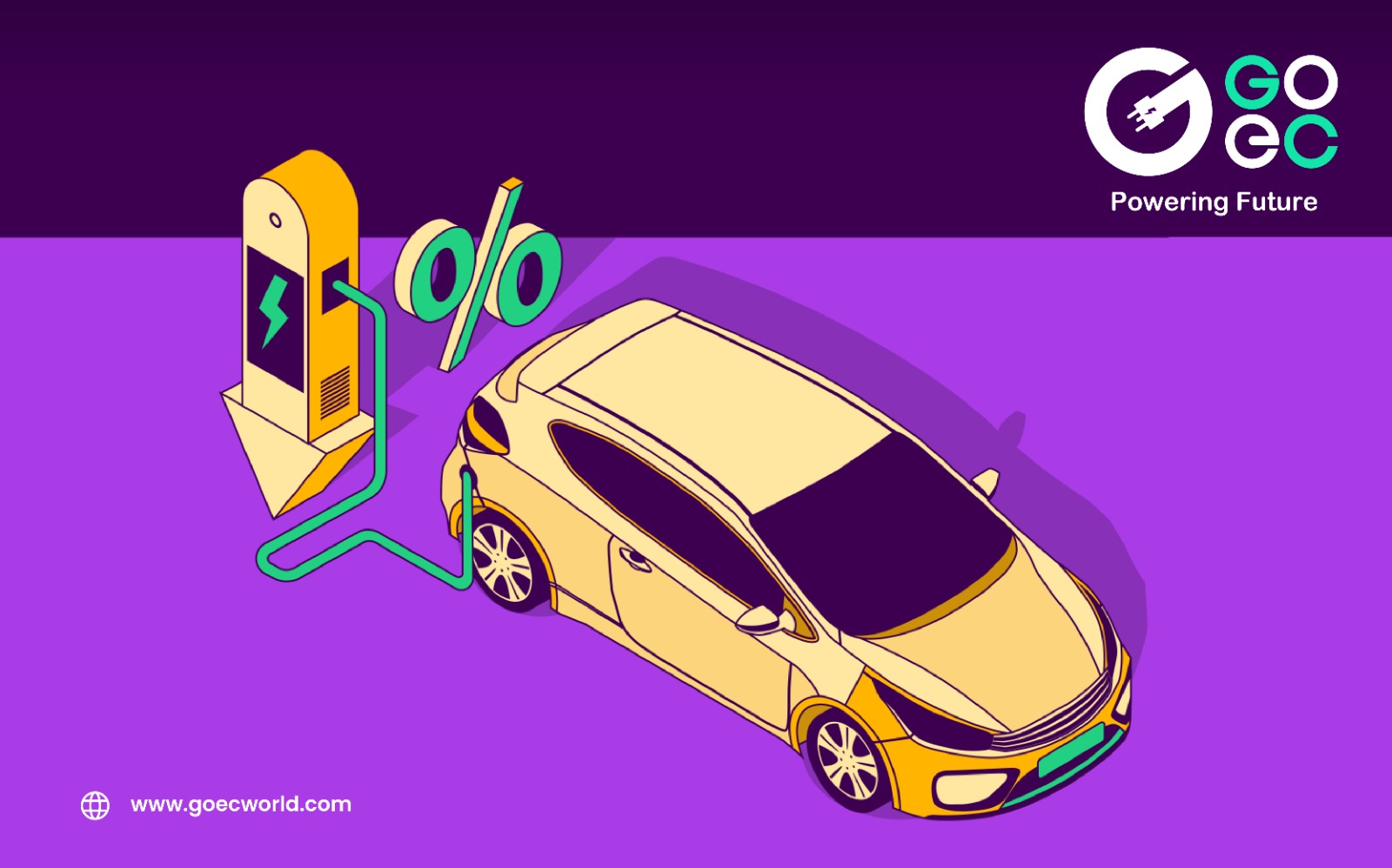In India’s journey towards becoming a sustainable and eco-friendly nation, electric vehicles (EVs) have emerged as the torchbearers of change. One of the prime drivers of this change is the Indian government’s incentivization through the electric vehicle tax exemption. But how does this benefit potential EV owners and what are the nuances involved? Let’s delve in.
Can We Get Tax Exemption on Electric Vehicles?
Yes, the Indian government provides tax benefits to electric vehicle buyers, a significant step to encourage the transition from conventional fuel vehicles to cleaner alternatives. The rationale behind such incentives is clear: to make EVs more affordable for the masses, thereby driving higher adoption rates.
Understanding 80EEA and 80EEB: A Deep Dive
At the heart of the electric vehicle tax benefits are the Income Tax Act sections: 80EEA and 80EEB. But what are these sections about?
– Section 80EEA provides deductions on the interest paid on loans taken for affordable housing. While this isn’t directly related to EVs, it demonstrates the government’s push towards more sustainable and economically-friendly choices in multiple domains.
– Section 80EEB is more relevant here. Introduced in 2019, it offers a deduction of up to ₹1.5 lakh on the interest paid on loans taken to purchase electric vehicles. This means, over the loan tenure, buyers can avail a total exemption of up to ₹2.5 lakh, considering the principal repayment and the interest component.
Electric Vehicle Tax Benefit 2024 and Beyond
While specifics for 2024 might require updated data, as of the latest information, the government continues to bolster the EV market with these tax benefits. It’s worth keeping an eye on annual budgetary announcements to stay updated on any modifications in the electric vehicle tax benefit schemes.
Hybrid Car Tax Exemption in India
India’s stance on hybrid vehicles has been slightly different compared to full EVs. Hybrid vehicles, although more fuel-efficient and cleaner than traditional vehicles, still rely partially on conventional fuels. As a result, the tax benefits extended to hybrid cars have been relatively limited compared to their full-electric counterparts. However, with evolving technology and the potential environmental benefits, there’s always hope for more comprehensive policies in the future.
Navigating the Electric Vehicle Tax Credit Landscape
– How to Claim Electric Vehicle Tax Credit: The process involves reporting the tax credit on your yearly tax return. Proper documentation, including the loan details and the EV’s purchase invoice, is essential for a hassle-free claim.
– How Electric Vehicle Tax Credit Works: It functions as a deduction, reducing the amount of income tax you owe. The credit isn’t a rebate on the vehicle’s price but an incentive that can reduce your taxable income.
– Can 80EEB be Claimed Every Year?: Yes, since the deduction is on the loan’s interest, as long as you’re paying the interest on your EV loan, you can claim the deduction under 80EEB.
Lastly, it’s also worth noting the government’s focus on EV infrastructure. With initiatives like charging station subsidies in India , the country is not just making EVs affordable but also ensuring they are practical for daily use.
In conclusion, India’s electric vehicle tax incentives, from direct tax benefits to infrastructure subsidies, showcase the nation’s commitment to a greener tomorrow. For potential EV buyers, the message is clear: there has never been a better time to make the electric shift!
